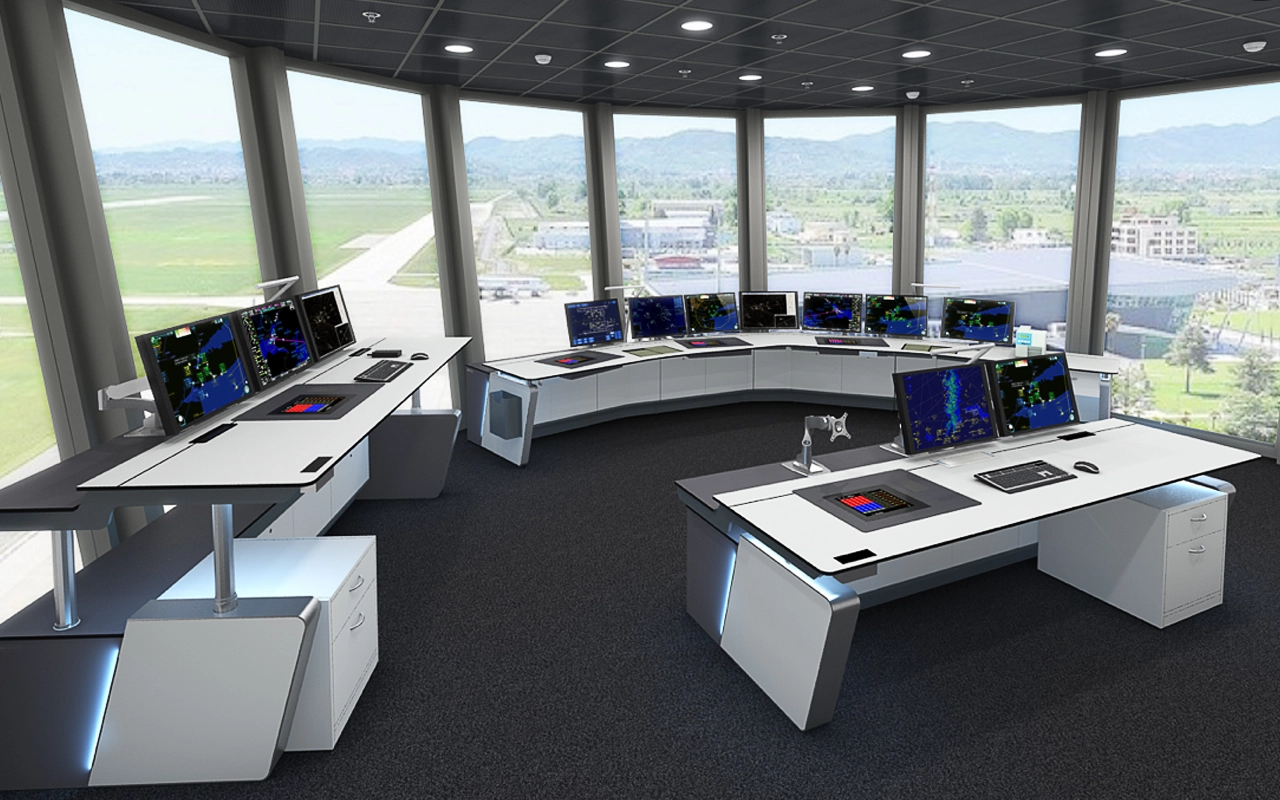Embracing Evolution: Does your control room working environment ensure Control Room Operator (CRO) job satisfaction and well-being?

Control Room Operators (CROs) are the backbone of any organisation's safety management system and production operation. With their extensive experience and knowledge, CROs play a vital role in ensuring smooth operations. However, it's crucial to assess whether their working environment fosters job satisfaction and well-being.
Traditionally, CROs were part of shift rotations, but now, they often dedicate their entire working lives to control room operations. This shift requires a closer look at the conditions they work in and their overall satisfaction.
Signs of low job satisfaction and well-being among CROs include higher turnover rates, increased absenteeism, poor shift cover uptake, heightened human error occurrences, decreased productivity, more production downtime stemming from control room operations, and overall low staff morale. Not only do these factors impact employee welfare, but they also elevate operational risks and costs.
Conducting a structured review of the control room's design can pinpoint areas that might be contributing to reduced job satisfaction and well-being among CROs and by addressing these issues proactively, organizations can create a more conducive environment that supports their CROs effectiveness and happiness.
Put simply, Investing in the well-being of CROs isn't just a gesture of goodwill—it's a strategic imperative that directly impacts operational efficiency and safety.
Does your control room working environment ensure Control Room Operator (CRO) job satisfaction and well-being?












